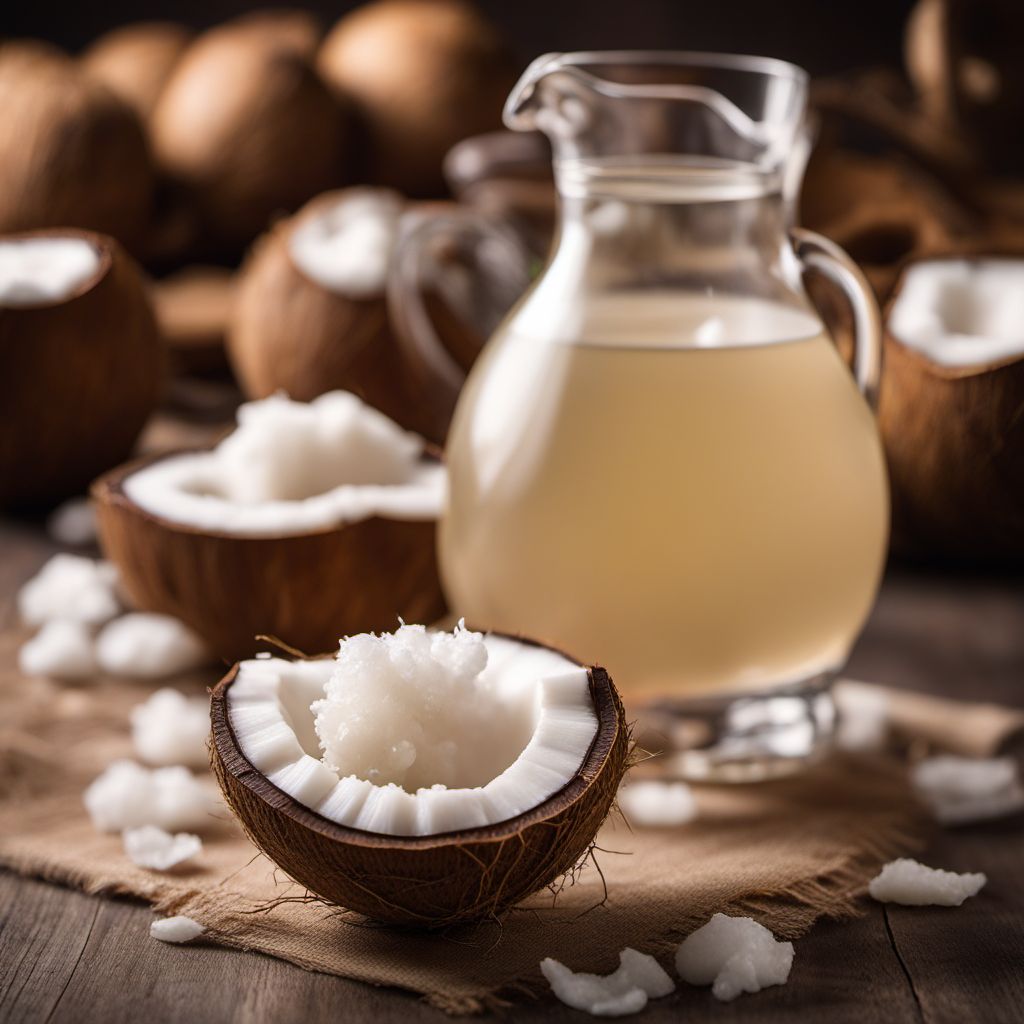
Ingredient
Coconut water
"Nature's Refreshing Elixir: Exploring the Wonders of Coconut Water"
Coconut water is a clear, slightly sweet liquid found inside young green coconuts. It has a mild, nutty flavor with a hint of natural sweetness. The texture is smooth and refreshing, similar to water but with a subtle viscosity. Coconut water is known for its clear appearance and is often consumed straight from the coconut or packaged in bottles or tetra packs. It is a popular choice for hydration due to its high water content and natural electrolytes.
Origins and history
Coconut water has a rich history and is believed to have originated in Southeast Asia, where coconuts are abundant. It has been consumed for centuries in tropical regions as a natural source of hydration. In many cultures, coconut water is considered a traditional remedy for various ailments and is often used in religious ceremonies. Over time, its popularity has spread globally, and it is now enjoyed by people worldwide.
Nutritional information
Coconut water is low in calories and fat, making it a healthy beverage choice. It is rich in essential electrolytes such as potassium, magnesium, and calcium, which are vital for maintaining proper hydration and supporting muscle function. Additionally, it contains natural sugars, vitamin C, and various antioxidants that contribute to overall well-being.
Allergens
Coconut water is generally considered safe for consumption, but individuals with tree nut allergies should exercise caution and consult with a healthcare professional if unsure.
How to select
When selecting coconut water, opt for brands that use 100% pure coconut water without any added sugars or preservatives. Look for products that are packaged in BPA-free containers to ensure the highest quality. Shake the container gently to check for any signs of spoilage or fermentation, and choose brands that have a reputation for freshness and quality.
Storage recommendations
To maintain the freshness and quality of coconut water, it is best to store it in a cool, dry place away from direct sunlight. Once opened, refrigerate the remaining coconut water and consume it within a few days to prevent spoilage.
How to produce
While it is not feasible for amateurs to produce coconut water from scratch, one can easily extract the water from a young green coconut by piercing the soft eye with a straw or pouring it out through a small hole.
Preparation tips
Coconut water can be enjoyed as a refreshing beverage on its own, or it can be used as a base for smoothies, cocktails, or mocktails. It can also be added to fruit salads, chia puddings, or used as a substitute for water in cooking rice or grains to infuse them with a subtle tropical flavor. For a twist, freeze coconut water into ice cubes and add them to your favorite beverages for a refreshing twist.
Culinary uses
Coconut water is commonly used as a hydrating beverage, enjoyed on its own or mixed with other ingredients to create refreshing drinks. It is also a popular ingredient in tropical-inspired cocktails and smoothies. Additionally, it can be used as a natural tenderizer for meats or as a base for marinades and sauces in savory dishes.
Availability
Coconut water is commonly available in tropical regions where coconuts are cultivated, such as Southeast Asia, the Caribbean, and parts of South America. However, it has gained global popularity and can now be found in most grocery stores and supermarkets worldwide.
More ingredients from this category
Recipes using Coconut water » Browse all
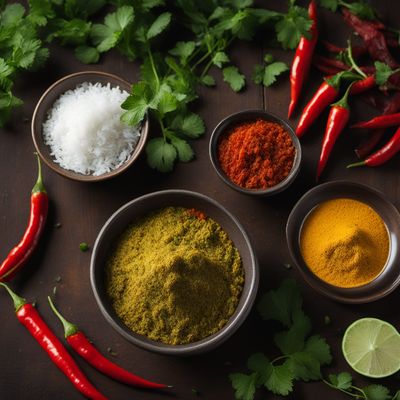
Malvani Spiced Burasa
Coconut-infused Spiced Rice Dumplings: Malvani Burasa
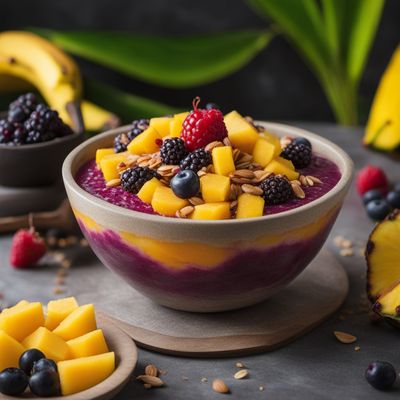
Açaí Bowl with Tropical Twist
Tropical Delight: Açaí Bowl with Exotic Flavors

Grilled Spiced Shrimp Skewers with Coconut Chutney
Flavors of the Sea: Kerala-style Grilled Shrimp Skewers with Coconut Chutney

Albanian Coconut Chutney
Creamy Coconut Delight: Albanian Style Chutney

Trinidadian Oshav
Tropical Fusion: Trinidadian Oshav with a Caribbean Twist
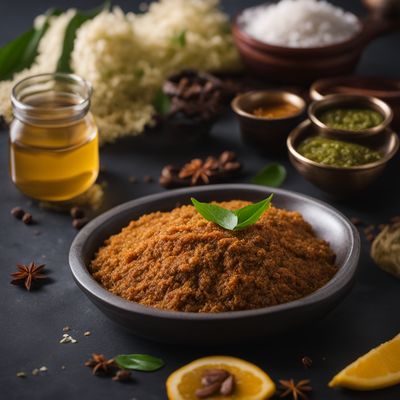
Mauritian Khaja
Flaky Delights: Mauritian Khaja - A Fusion of Indian and Mauritian Flavors

Creamy Coconut Shrimp
Island Delight: Creamy Coconut Shrimp with a Tropical Twist

Urap - Indonesian Vegetable Salad
Indonesian Urap: A Burst of Freshness in Every Bite

Stuffed Tomatoes Kodava Style
Flavors of the Coast: Kodava Stuffed Tomatoes

Melanesian Tomato and Coconut Salad
Tropical Fusion: Melanesian Tomato and Coconut Salad
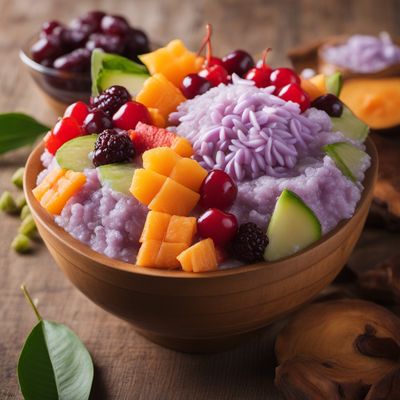
Halo-Halo Delight
Tropical Bliss: A Refreshing Twist on Halo-Halo

Malaysian Kaab el Ghazal - Malaysian Stuffed Crescent Cookies
Malaysian Delights: Irresistible Stuffed Crescent Cookies
